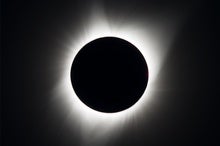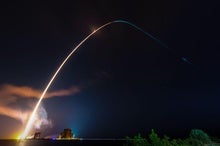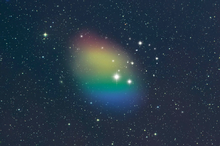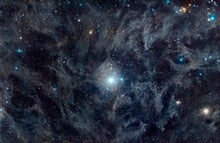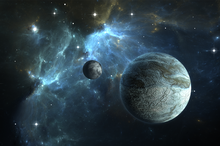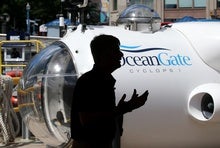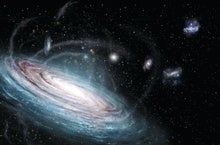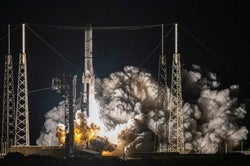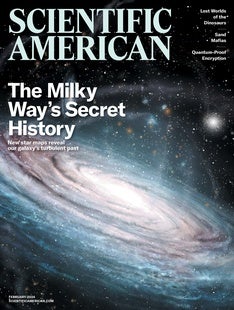 |
| January 18, 2024 |
This week, we're wondering when we'll get back to the moon. Our top story concerns NASA's Artemis program, which is slated to send crews to the lunar surface later this decade, more than a half-century after the Apollo missions of yore. It's unclear just how much later such landings will occur, though, as last week the space agency announced delays to the program's highly ambitious next two missions—and opportunities aplenty remain for further schedule slips. Remarkably, however, Artemis has so far proved resilient to such delays, thanks to enduring bipartisan support in Congress—a rarity in the modern era of hyperpolarized U.S. politics—and robust international partnerships. Despite inefficiencies that have become notorious among advocates for human spaceflight, NASA's plan to fly astronauts to the moon seems almost unstoppable. Elsewhere this week, we have stories on a bizarre galaxy bereft of stars, the special circumstances surrounding 2024's total solar eclipse, a recipe for nigh-indestructible tardigrades, and much, much more. Enjoy! |
| |
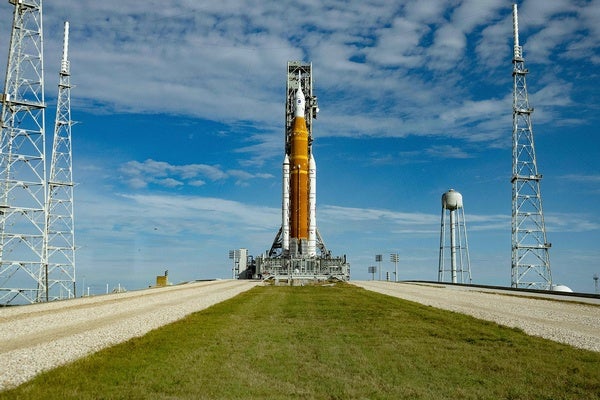 |
| |
| |
| |
| |
| |
| |
| |
| Artificial Intelligence AI Matches the Abilities of the Best Math Olympians Until now computers have failed to solve mathematical problems. But the AI program AlphaGeometry has succeeded in finding proofs for dozens of theorems from the International Mathematical Olympiad | | | | |
| |
| |
| Particle Physics Why Aren't We Made of Antimatter? To understand why the universe is made of matter and not antimatter, physicists are looking for a tiny signal in the electron | | | | |
| |
| |
FROM THE ARCHIVE
 | | | |
LATEST ISSUES
 |
| |
| Questions? Comments?  | |
| Download the Scientific American App |
| |
| |





